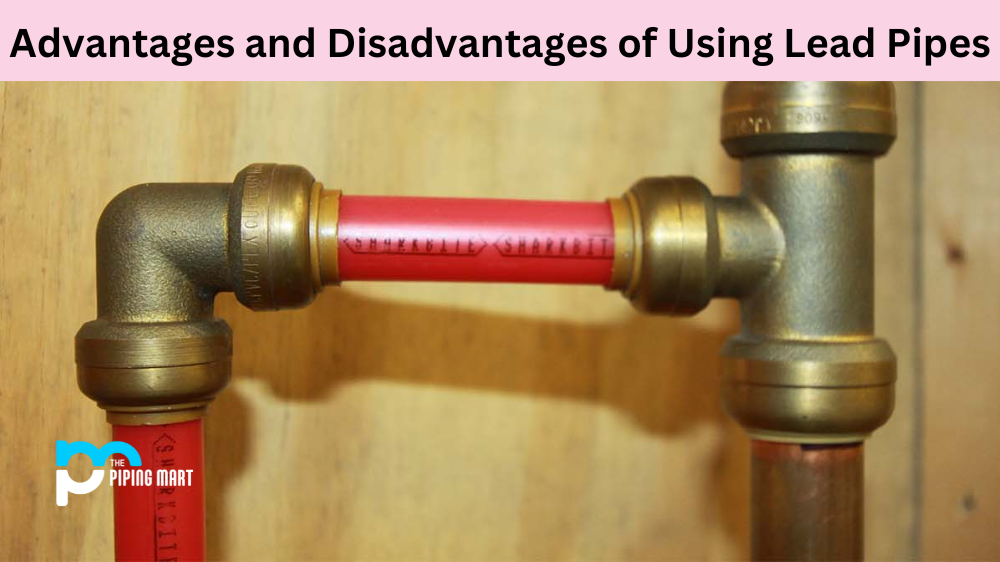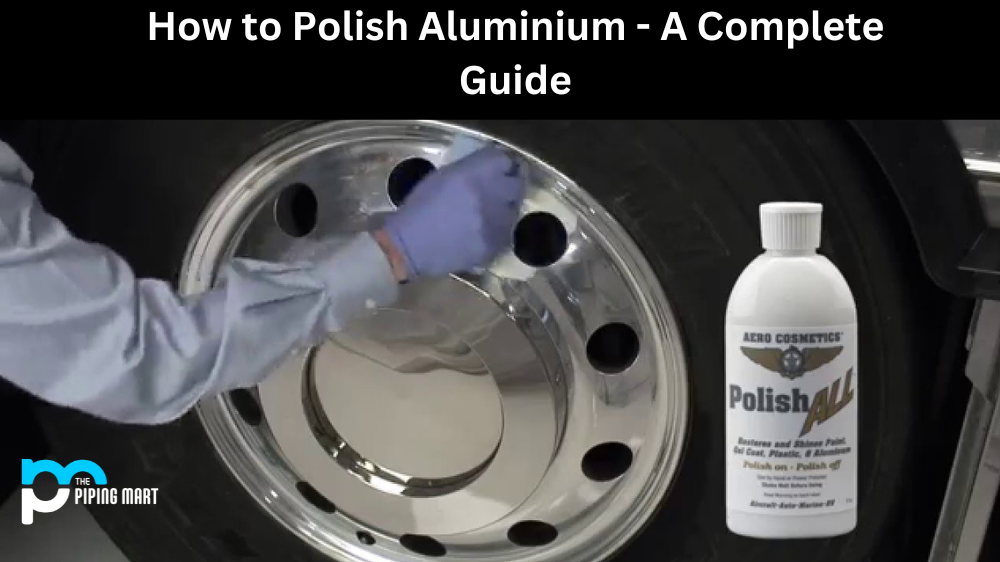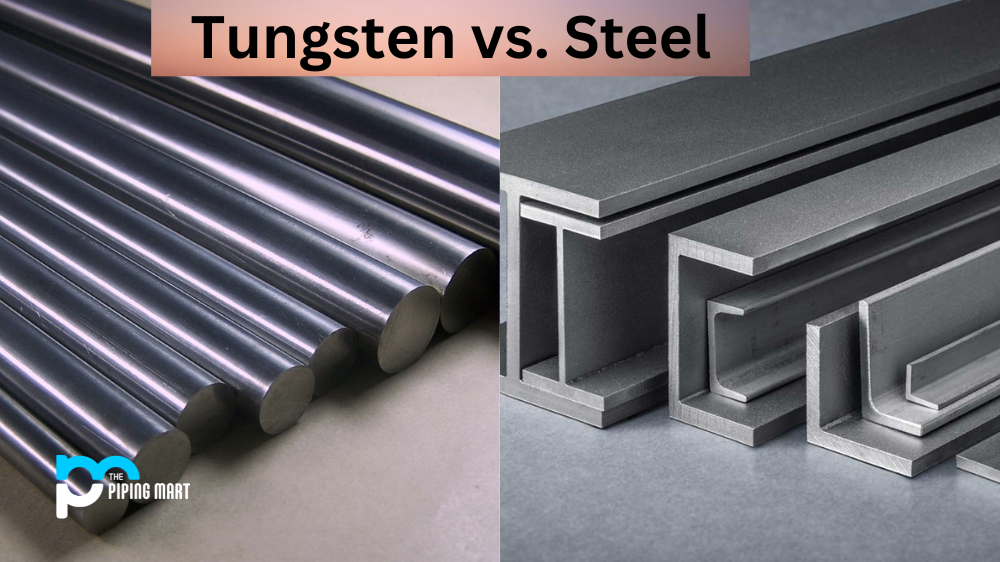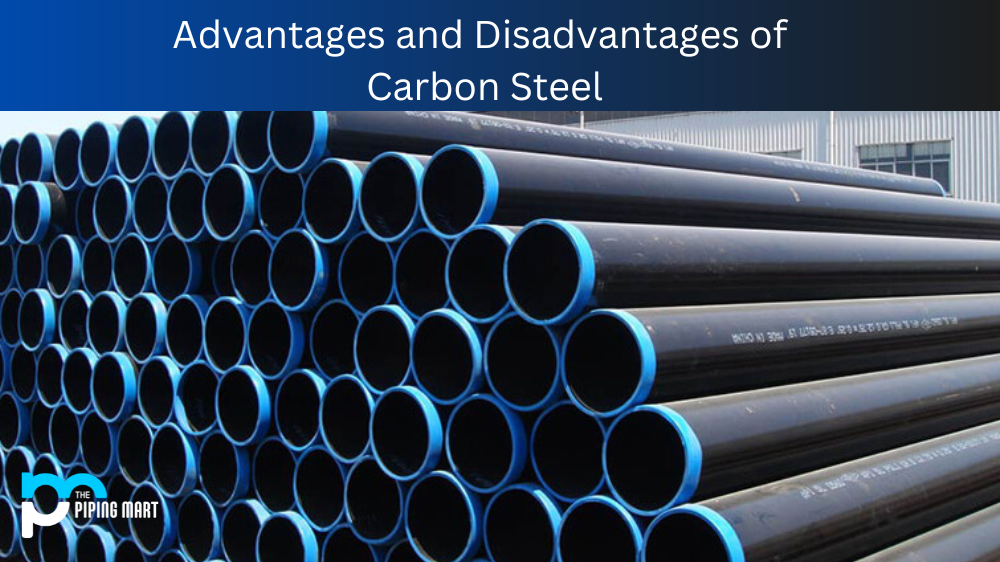For centuries, lead pipes have been used in homes for various reasons. Advancements in plumbing have led to safer alternatives, such as plastic and copper pipes, but lead pipes can still be found in many older homes. Despite its widespread use, lead pipes pose certain risks that homeowners should be aware of. In this blog post, we will explore the advantages and disadvantages of using lead pipes, so you can decide what’s best for your home.
Advantages of Lead Pipes
Durability
Lead pipes are very tough and durable. They can withstand high pressure and can last for years. When maintained properly, they can last for up to 100 years.
Cost-effective
Lead pipes are cheaper than other alternatives, such as copper and plastic. This makes them an attractive option for homeowners who want to save on costs.
Easy to install
Lead pipes are lightweight and easy to handle, making them easy to install. They are also easy to join together with solder.
Rust resistance
Lead pipes resist rust and corrosion, ensuring the water flowing through them remains clean.
Disadvantages of Lead Pipes
Contamination
Lead pipes can contaminate water with lead, a toxic metal that can harm human health, particularly in children. Exposure to high levels of lead can cause damage to the nervous system, particularly in children, and can lead to developmental problems, irritability, and even anaemia.
Leaks
Lead pipes are more likely to develop leaks due to their brittleness.
Difficult to replace
Lead pipes are difficult to replace once installed, particularly in older homes. This can be costly and time-consuming, particularly in larger homes.
Low water pressure
The small diameter of lead pipes can limit water flow resulting in low water pressure.
Conclusion:
After weighing up the advantages and disadvantages of using lead pipes, it is clear that they present a potential risk to human health, which outweighs their benefits. With the availability of affordable and safer alternatives, like copper and plastic pipes, it’s time to replace old lead pipes in your home to ensure the health and safety of your family. Be proactive and contact a licensed plumber to assist you in replacing lead pipes as soon as possible. Contact us today, and we will happily answer any questions you may have to keep your home plumbing system free from lead.

Abhishek is a seasoned blogger and industry expert, sharing his insights and knowledge on various topics. With his research, Abhishek offers valuable insights and tips for professionals and enthusiasts. Follow him for expert advice on the latest trends and developments in the metal industry.




